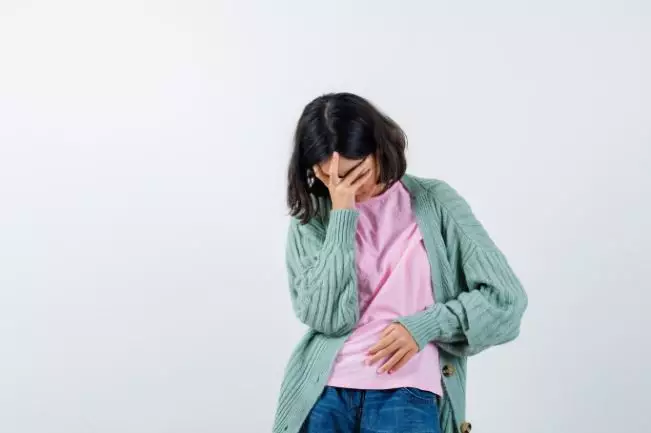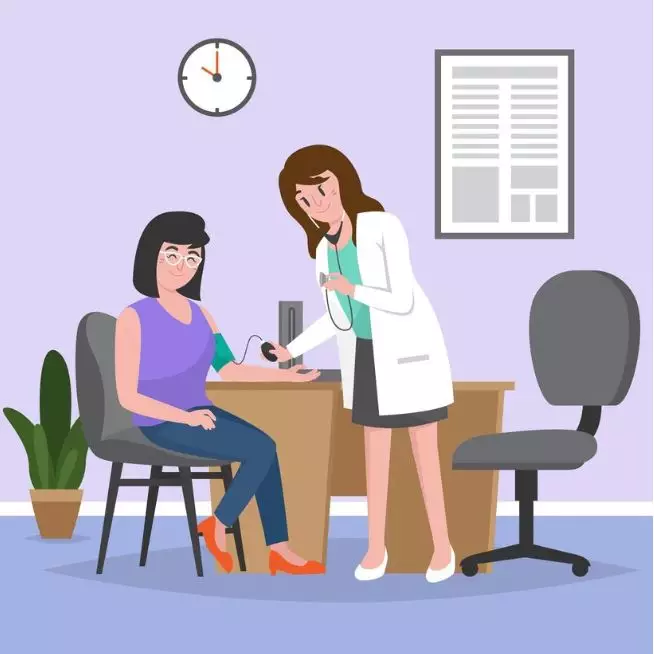foto: freepik.com/8photo
Brilio.net - Food poisoning often occurs due to food or drinks contaminated by bacteria, viruses, or dangerous chemicals. This condition can be very disturbing and sometimes causes painful symptoms such as nausea, vomiting, diarrhea, and stomach ache. When experiencing food poisoning, it is important to know the right first aid steps to relieve symptoms and prevent further complications .
Before going any further, it is also important to understand what causes food poisoning. Many cases of food poisoning are caused by poor hygiene, both when cooking and when storing food. By recognizing the causes and early signs of food poisoning, you can take the necessary steps to deal with it.
If you experience symptoms of food poisoning, here are nine first aid steps that can be taken. Each of these steps aims to help relieve symptoms and ensure a quick and safe recovery. Please review it as compiled by brilio.net from various sources, Thursday (3/10).
1. Drink plenty of fluids.

photo: freepik.com
The first step to take when experiencing food poisoning is to make sure the body gets enough fluids. Dehydration is one of the main problems caused by vomiting and diarrhea.
Drinking water, electrolyte solutions, or rehydration drinks can help replace lost fluids. Choose drinks that do not contain caffeine or alcohol, as these can worsen dehydration.
2. Get enough rest.Rest is essential in the recovery process. The body needs time to fight off infection and restore balance. Adequate sleep can help boost the immune system, speeding up healing. Be sure to create a comfortable and calm environment during your rest period.
3. Let the body vomit.

photo: freepik.com
Vomiting is the body's natural mechanism to expel trapped toxins. If someone has food poisoning, let the body do this process.
Vomiting can be very helpful in expelling the pathogens causing the poisoning. However, if vomiting continues or causes severe dehydration, seek medical attention immediately.
4. Avoid heavy foods.After experiencing food poisoning, it is best to avoid consuming heavy or fatty foods. Give your digestive tract time to recover. Start with light, easily digested foods, such as white rice, white bread, or bananas. This will help minimize irritation to the stomach and intestines.
5. Use activated charcoal (if needed).Activated charcoal may be an option for treating some types of food poisoning, especially if taken within a short time of exposure to the poison.
Activated charcoal works by absorbing harmful substances in the digestive tract. However, the use of activated charcoal should be consulted first with a medical professional to ensure its safety.
6. Watch for signs of dehydration.

photo: freepik.com/jcomp
When experiencing food poisoning, it is important to watch for signs of dehydration that may appear. Symptoms of dehydration include dry mouth, difficulty urinating, and feeling dizzy. If these symptoms appear, increase your fluid intake immediately and do not hesitate to seek medical help if necessary.
7. Avoid using drugs without a prescription.Medications such as antidiarrheals or anti-vomiting drugs are not always recommended for use in cases of food poisoning. While they may provide temporary comfort, they can stop the body from eliminating toxins. It is best to consult a doctor before taking these medications, so as not to hinder the healing process.
8. Contact medical personnel immediately.

photo: freepik.com
If symptoms of food poisoning worsen or persist, it is important to seek medical attention immediately. Some types of poisoning can cause serious complications that require further treatment. Signs that require medical attention include bloody vomit, bloody diarrhea, or very severe abdominal pain.
9. Record symptoms and dietary history.It is important to note down your symptoms and what you have eaten in the past 24 hours. This information can help medical personnel diagnose the type of poisoning you have.
For example, if a particular food is suspected to be the cause, notifying the doctor will be very helpful in determining the appropriate treatment. This record can also be a reference if further investigation is needed regarding the source of the poisoning.
(brl/jad)